If You Do These 8 Things On Social Media, You're Slowly Ruining Your Reputation
The line between personal and professional online is thin. Protect your reputation now to avoid repairs later.
 Mariia Korneeva | Shutterstock
Mariia Korneeva | Shutterstock Selfies as profile photos. Snarky memes. Thirst trap poses. We spend so much time online that it's easy to let our guard down and act like it's private. But these behaviors can quietly damage your reputation — especially when you mix personal and professional in the same feed.
Believe it or not, there are certain things on social media you really shouldn't do — because sometimes it can ruin your reputation both online and in real life. Below are common mistakes people don't always think about until it's too late. (Yes, including that "innocent" meme you shared 5 years ago.) Read on to see which ones you might be doing without realizing it — so you can stop before the damage is done.
If you do these 8 things on social media, you're slowly ruining your reputation:
1. You act like LinkedIn is Tinder
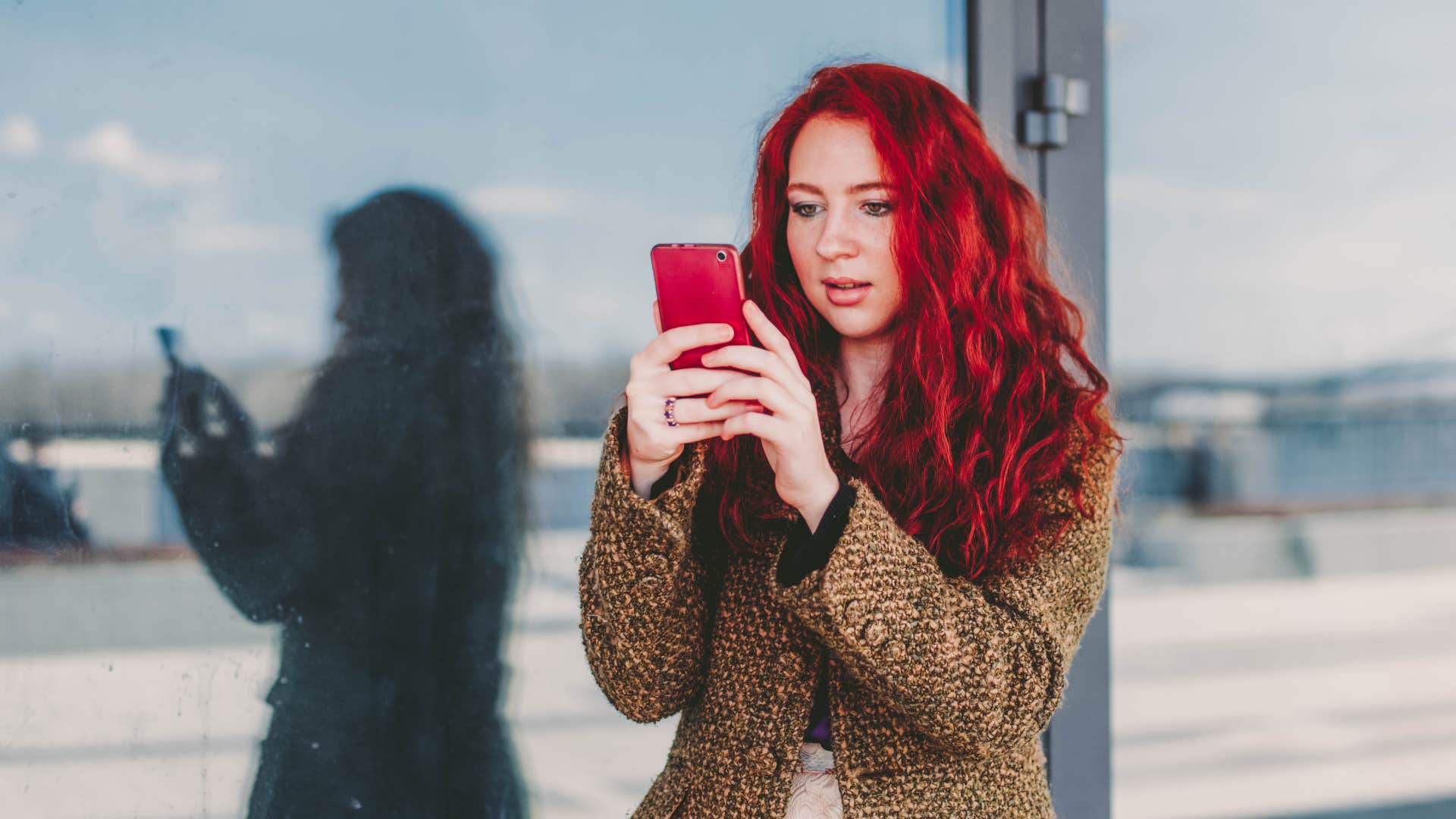 Julia Velychko | Shutterstock
Julia Velychko | Shutterstock
A few days ago, I opened my LinkedIn account and came across a message from the CEO of a major company in which he detailed his appreciation of my looks, what he liked to do in his free time, and that he would like to meet up for dinner when he was in NYC.
After sharing my disappointment with my coworkers (who all had their own tales of LinkedIn Lothario), I informed him this wasn't Match.com and blocked him.
This kind of behavior is a textbook case of online disinhibition — people cross boundaries online they'd never cross in person. And since many recruiters and hiring managers cyber-vet candidates by looking at their social media presence, doing things like this can cost you real professional credibility.
This happens quite often to a lot of us, and it never ceases to amaze me that others think this is OK. Hitting on someone on a professional site is like coming on to a stranger in the office. It's not cute, it's harassment.
2. You use selfies as your professional profile photos
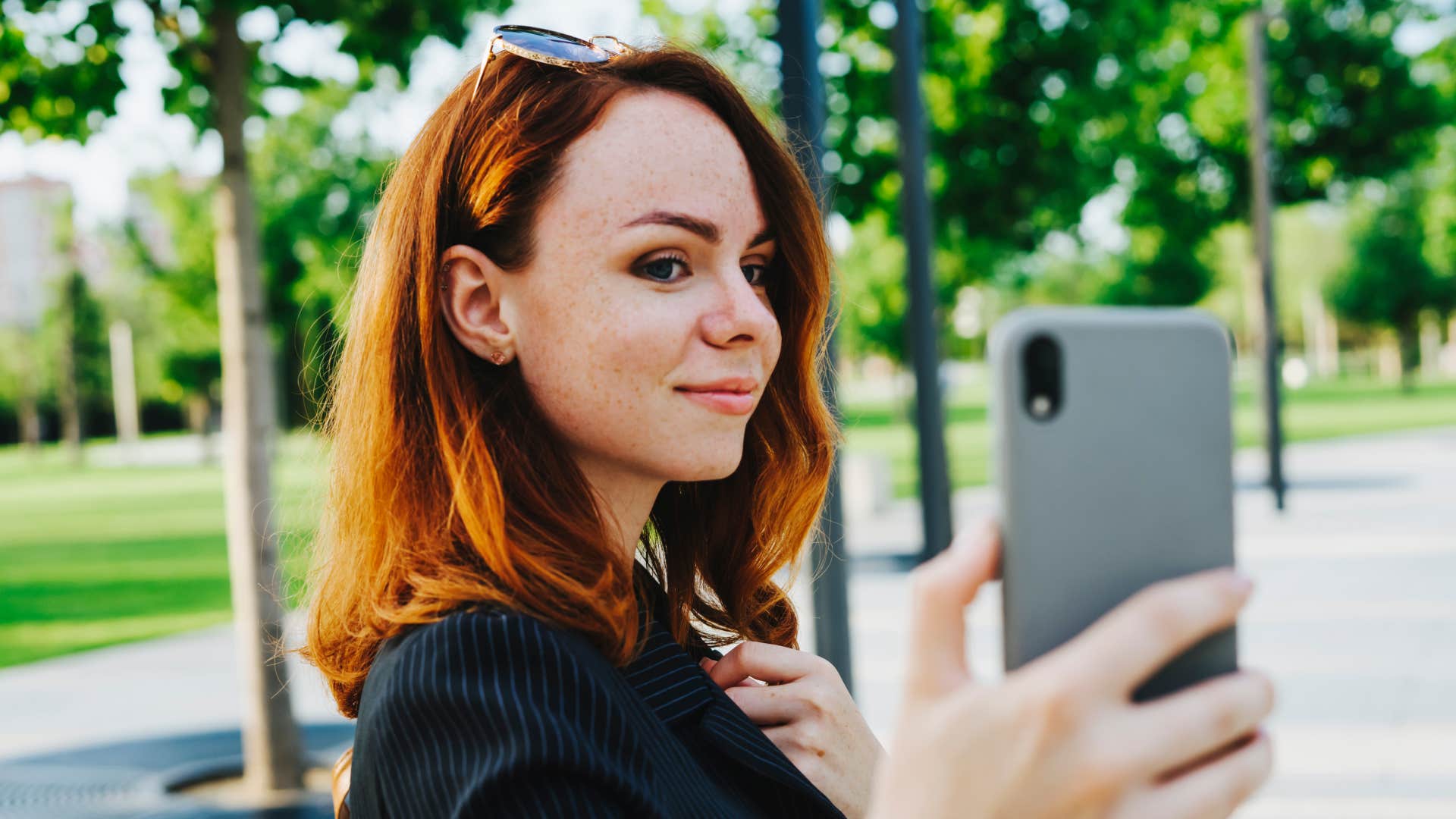 Alice Rodnova | Shutterstock
Alice Rodnova | Shutterstock
Everyone knows someone who can take a photo for us, and if you're looking to come off as a professional, it makes sense to pay for a shoot with a professional photographer.
Studies show that people in selfies tend to be seen as less trustworthy or socially attractive than in photos taken by others, and one experiment showed profiles with a lot of selfies were rated 1.5 times less likable.
Save the selfies for Snapchat and post a polished shot instead.
3. You let your mood dictate your posts
 Ollyy | Shutterstock
Ollyy | Shutterstock
If you're mad at your ex, a client, or a colleague, keep it offline.
There's data now showing that people who post more often tend to get upset and irritated more — and in social networks, negative emotions like anger tend to "go viral" more easily than positive ones. So what seems like a vent can actually damage your brand (or personal reputation) to strangers.
4. You're not careful about what you post or comment on others' pages
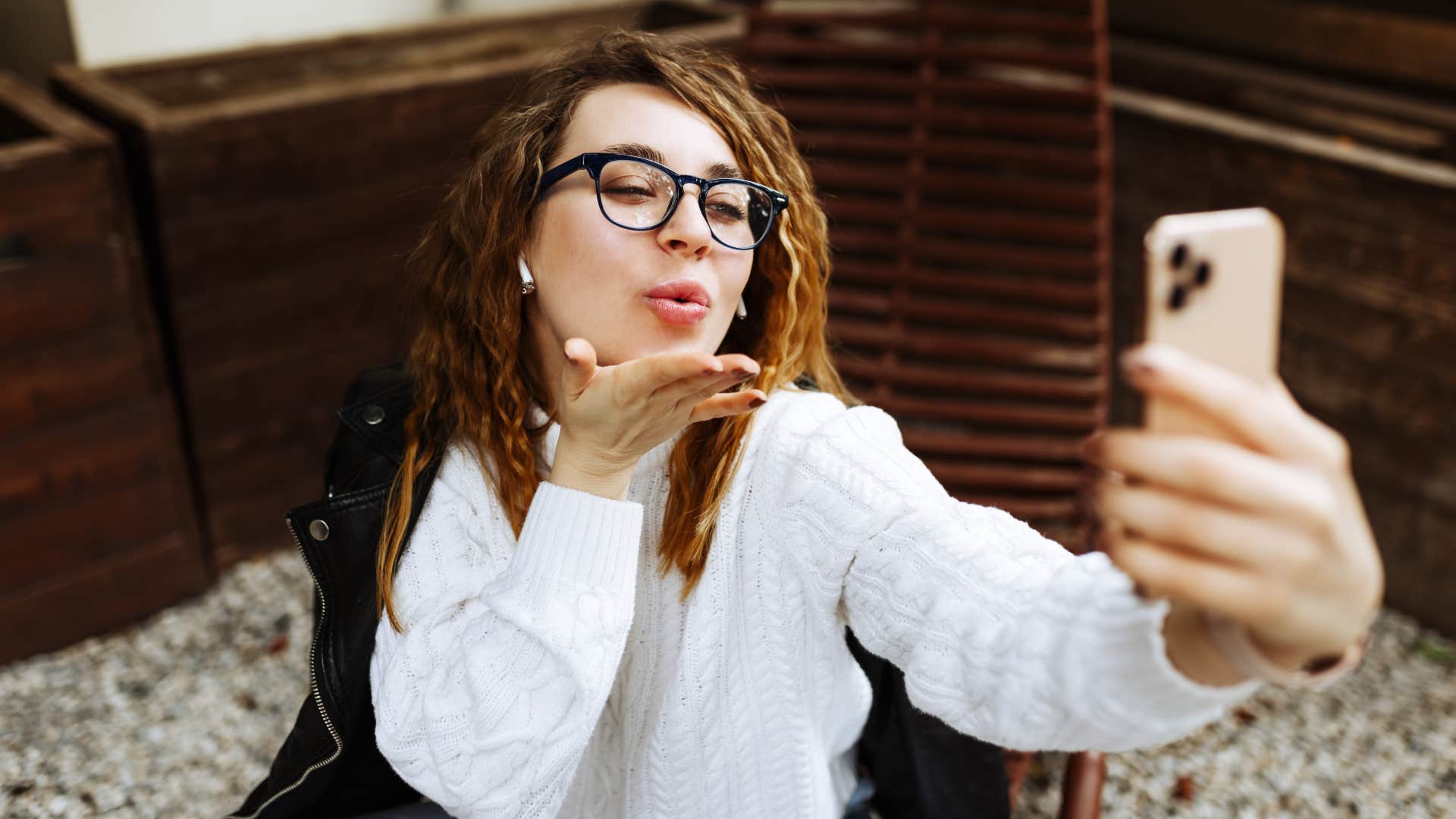 Alina Bitta | Shutterstock
Alina Bitta | Shutterstock
Beware: Innocent comments can come off creepy (and even scary). The online disinhibition effect means we tend to say things we wouldn't in person — and when you publicly reference a location, even with good intentions, it can feel invasive or threatening to the person on the receiving end.
An editor I know once posted "It looks like the ___ dance studio on 34th street" on the account of a dancer who was excited to show off her new moves. The Instagram account holder owner was rightfully alarmed that a stranger was not only pinpointing where she was but sharing it with her followers.
5. You post too many pictures of yourself
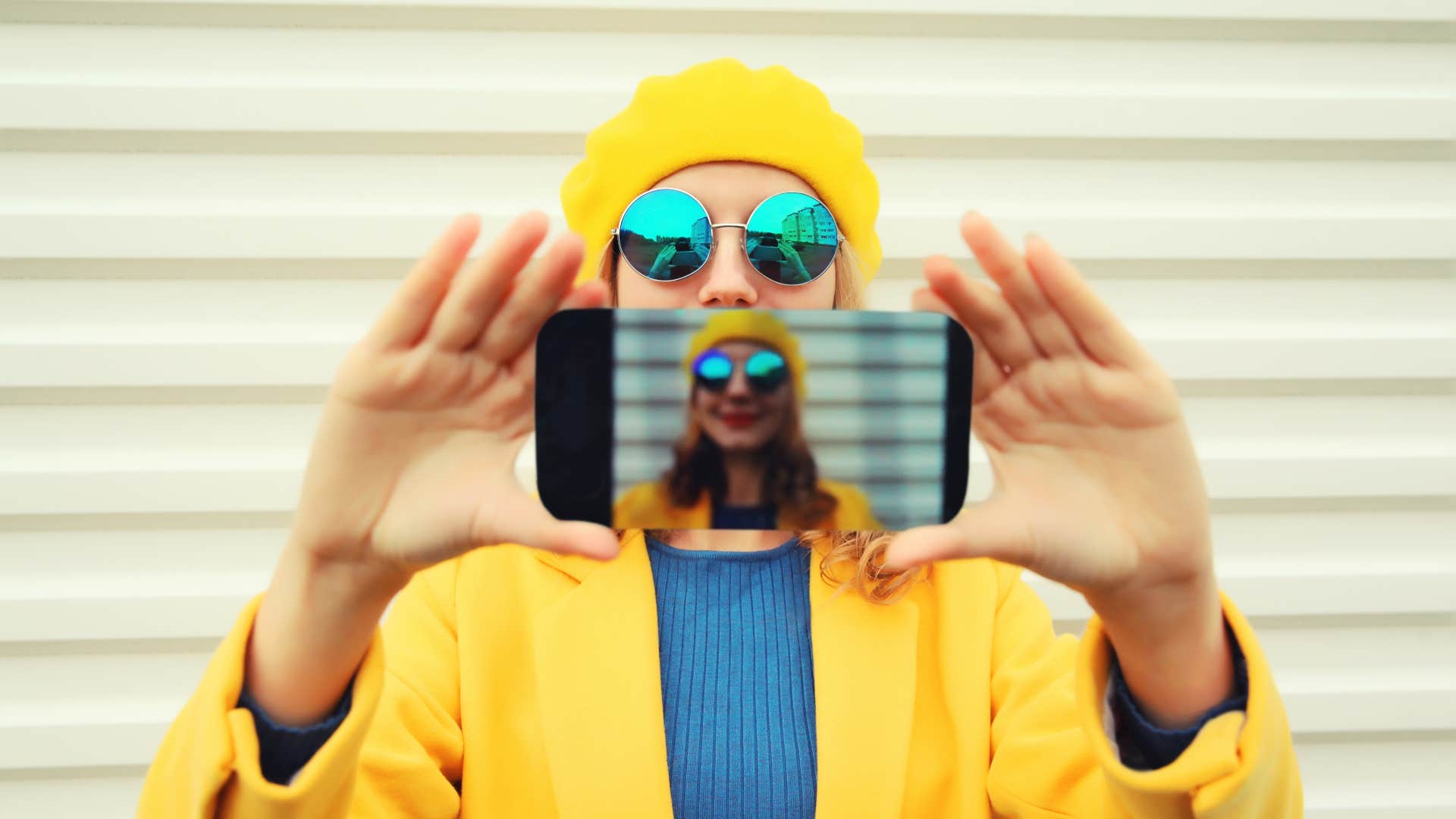 Rohappy | Shutterstock
Rohappy | Shutterstock
Posting like a Kardashian is great for their brand, but will likely come across as self-absorbed to followers.
A Baylor study revealed that profiles featuring a lot of selfies were considered less likable by viewers, and some experts caution that too many self-portraits may suggest insecurity rather than confidence.
6. You freely use bad grammar, offensive jokes, or foul language
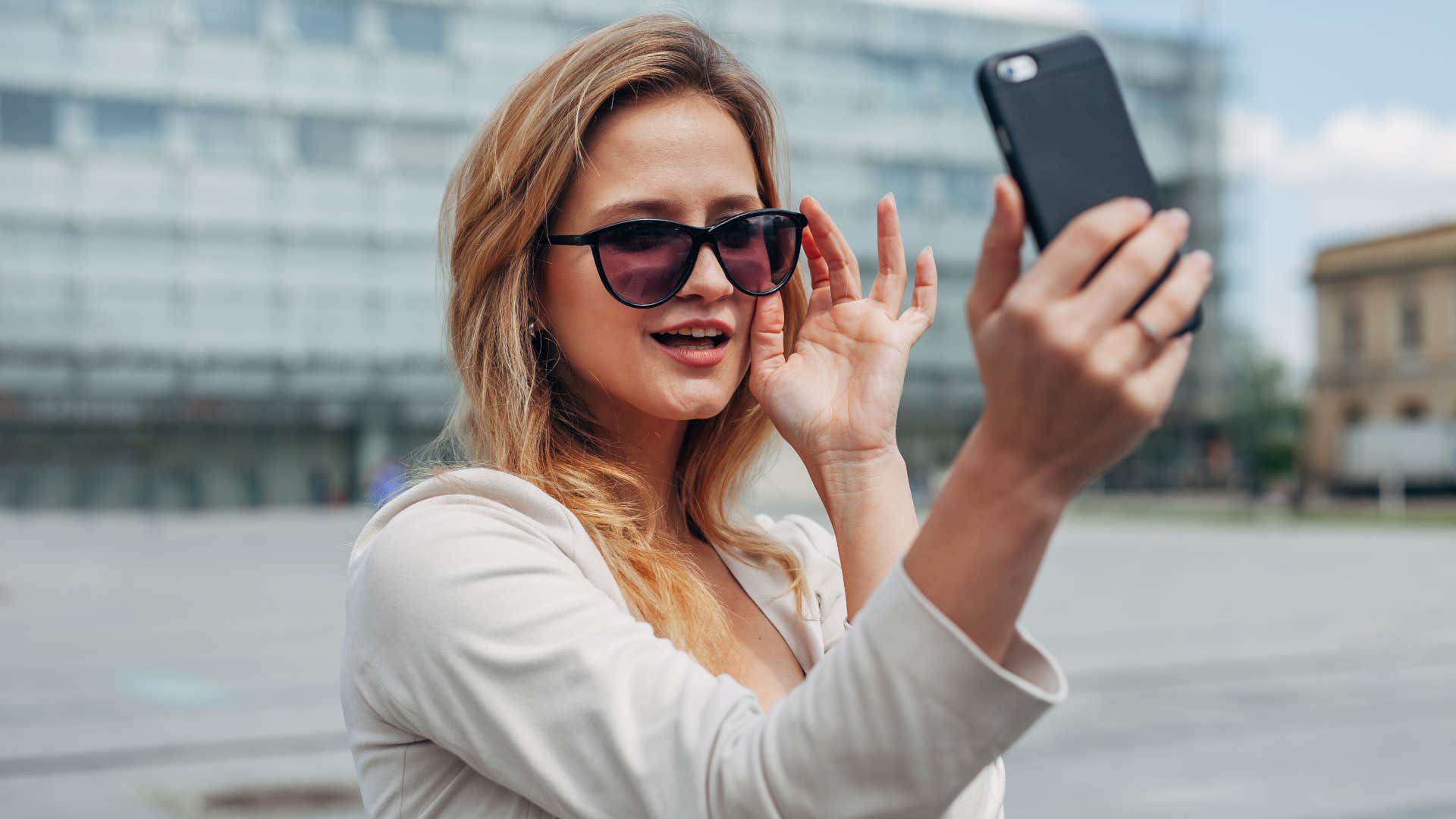 Jakub Zak | Shutterstock
Jakub Zak | Shutterstock
This is important not only in your notices but also in your memes. Translation: You can like Drake's post, but you don't need to share it with your clients.
Studies show that mechanical mistakes like capitalization or misspellings negatively influence how people judge your message, and bad grammar hurts credibility. Have fun and showcase your humor, but keep your content smart and professional in order to avoid being guilty by proxy.
7. You write in ALL CAPS
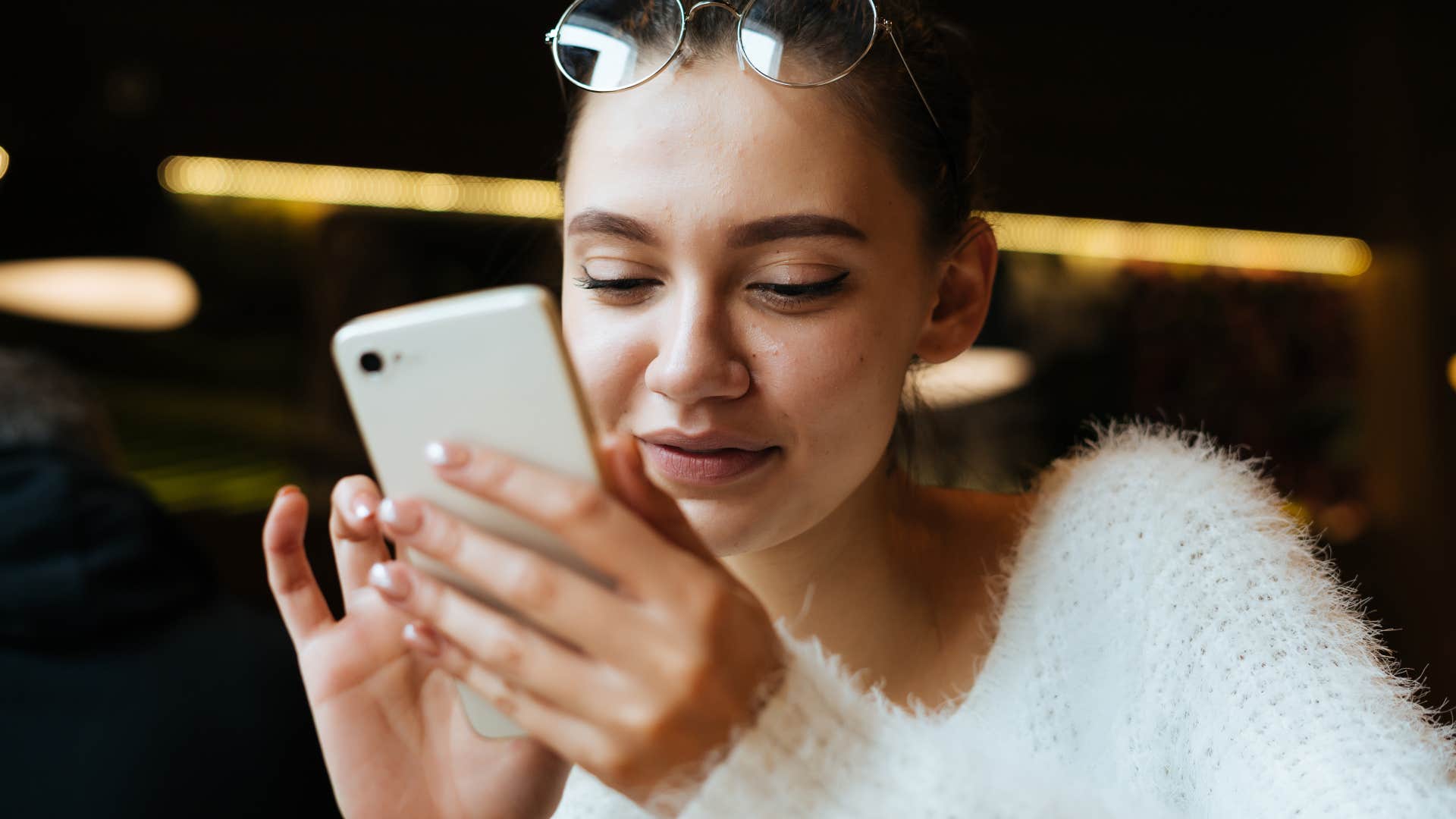 nelen | Shutterstock
nelen | Shutterstock
ALL CAPS is rarely read as strong — more often it comes across as shouting or annoyance. One study showed that using capitalization errors can significantly lower how favorably your message is rated — they're almost universally perceived as aggressive or over-emphatic.
8. You post about what alcoholic beverage you're drinking
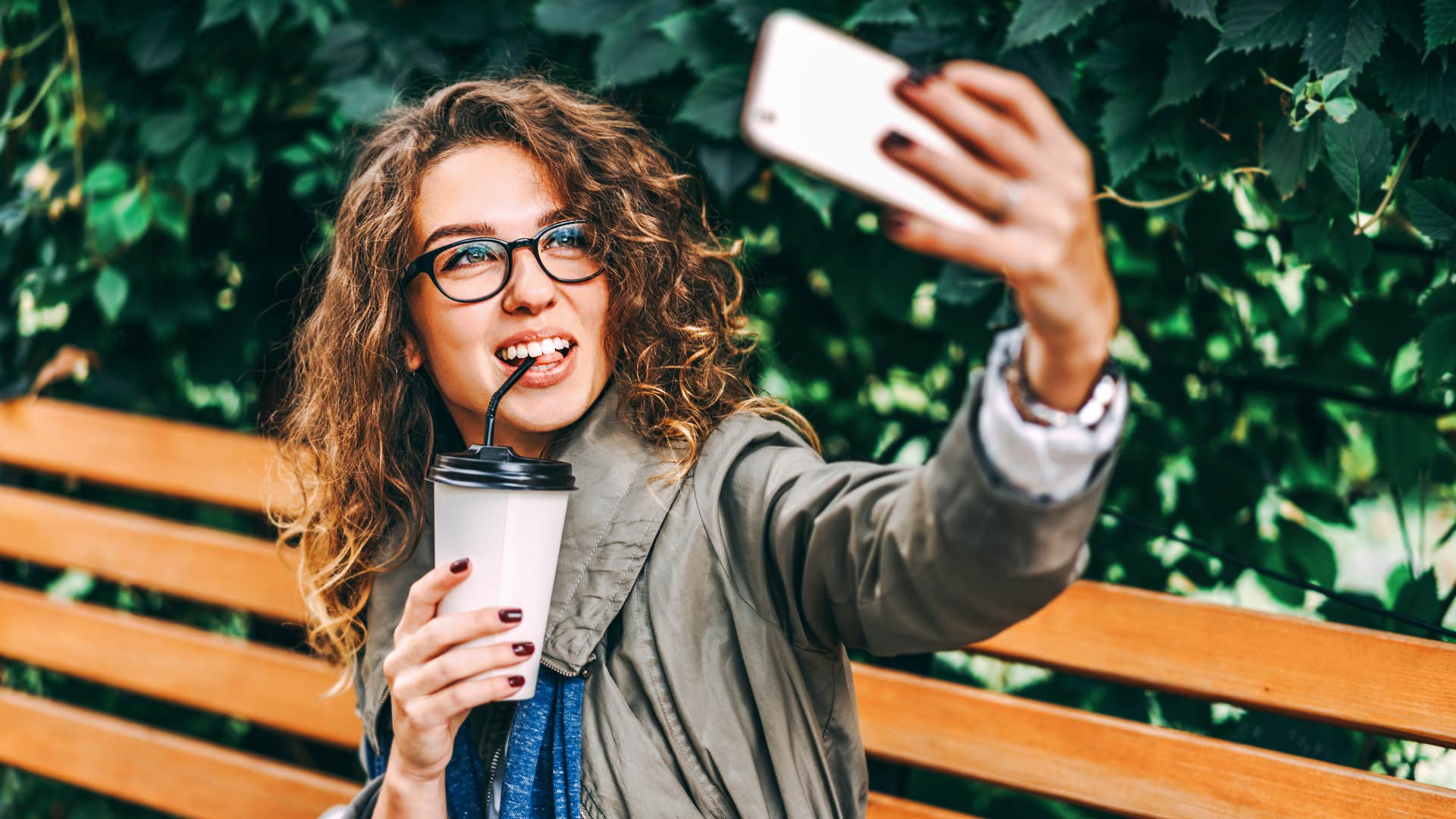 bedya | Shutterstock
bedya | Shutterstock
We all laugh, but you know what I'm talking about, but posting about what you're drinking isn't just a mild faux pas — research shows that exposure to alcohol posts (or sharing them yourself) is associated with higher drinking behavior. Another 2025 study showed that frequent public posts about alcohol strongly correlate with heavy drinking and alcohol-related problems.
Definitely not professional. The line between personal and professional online is thin. Protect your reputation now so you don’t have to repair it later. You don't need to scrub your online life clean; just stop giving people reasons to take you less seriously. The internet never forgets — so post like your future self will have to defend it.
Brenda Della Casa is the Author of Cinderella Was a Liar, The Editor-in-chief and Digital Content Strategist at Preston Bailey Designs, and a Huffington Post Blogger. She regularly speaks on the topic of Digital Content, Social Media, and Digital Strategy. Follow her on Instagram.

